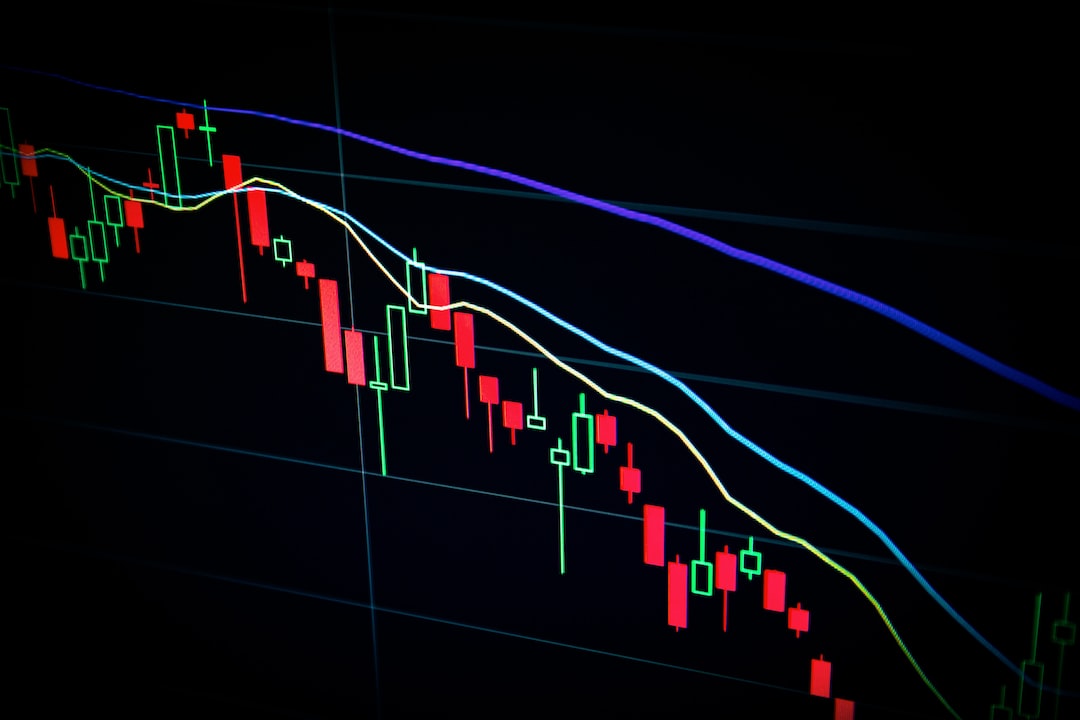Analyzing the Factors That Affect a Country’s Forex Reserves: A Deep Dive
Forex reserves are a crucial indicator of a country’s economic stability and resilience. They represent the foreign currency assets held by a country’s central bank, typically in the form of government bonds, treasury bills, and other financial instruments. These reserves serve as a buffer against external shocks and help maintain the stability of a country’s currency.
Understanding the factors that affect a country’s forex reserves is essential for investors, policymakers, and economists. In this article, we will explore some of the key factors that influence a country’s forex reserves.
1. Balance of Trade: The balance of trade, or the difference between a country’s exports and imports, is one of the primary factors affecting forex reserves. A trade surplus, where exports exceed imports, leads to an increase in reserves, while a trade deficit, where imports exceed exports, results in a decrease in reserves. A country with a strong export-oriented economy is likely to have higher forex reserves.
2. Foreign Direct Investment (FDI): Foreign direct investment refers to the inflow of capital from foreign entities into a country’s domestic economy. FDI can have a significant impact on a country’s forex reserves. When foreign investors invest in a country, they typically bring in foreign currency, which increases the reserves. Higher FDI inflows contribute to an increase in forex reserves, while significant outflows can deplete reserves.
3. Remittances: Remittances, or the money sent by individuals living and working abroad back to their home country, also play a role in determining forex reserves. Countries with a large number of expatriates tend to receive substantial remittance inflows. These inflows increase the country’s forex reserves, acting as a stable source of foreign currency.
4. Monetary Policy: The monetary policy decisions of a country’s central bank can impact forex reserves. Central banks often intervene in the foreign exchange market to manage the value of their currency. If a central bank wants to strengthen its currency, it can sell foreign currency and buy domestic currency, thereby increasing forex reserves. Conversely, if a central bank wants to weaken its currency, it can sell domestic currency and buy foreign currency, leading to a decrease in reserves.
5. External Debt: The level of a country’s external debt is another crucial factor influencing forex reserves. If a country has a high level of external debt, it may need to use its forex reserves to meet its debt obligations. Servicing external debt can deplete reserves and make a country more vulnerable to economic crises. Countries with low external debt have higher forex reserves, providing them with greater stability.
6. Political Stability and Geopolitical Factors: Political stability and geopolitical factors can significantly impact a country’s forex reserves. Political instability, conflicts, or geopolitical tensions can lead to capital flight and a decrease in forex reserves. Investors may withdraw their investments, resulting in a depletion of reserves. On the other hand, countries with stable political environments tend to attract foreign investments, contributing to higher reserves.
7. Currency Intervention: Currency intervention refers to a country’s deliberate actions to influence the value of its currency in the foreign exchange market. Central banks may intervene to prevent excessive currency appreciation or depreciation. The interventions involve buying or selling foreign currency, which directly affects a country’s forex reserves.
In conclusion, a country’s forex reserves are influenced by a range of factors, including the balance of trade, foreign direct investment, remittances, monetary policy decisions, external debt, political stability, geopolitical factors, and currency intervention. These factors interact in complex ways, shaping the level and stability of a country’s forex reserves. Understanding these factors is crucial for assessing a country’s economic strength and vulnerability to external shocks.





